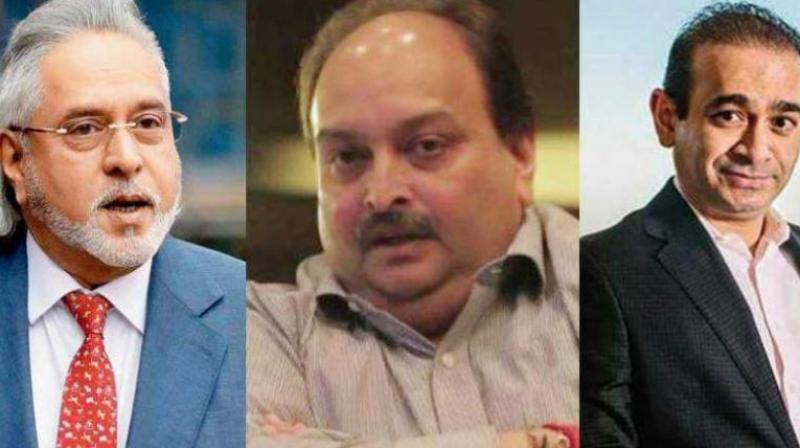Proposed Act will take off deterrence

Hyderabad: Justice AP Shah who had also served as Chairman of the Law Commission, in his letter pointed out that “any campaign against corruption can become effective only when there is a basic change in the mindset of the government in favour of greater transparency and accountability through civil society participation at all levels of decision taking, devolution of authority and decentralisation of governance”.
He called for “strengthening of the democratic processes in every sphere of activity of the government” and noted that “bits and pieces of legislation without an overarching objective” would not deliver. He felt that the proposed decriminalisation of the Companies Act, 2013, would only take away deterrence.
He said that at a time when cases like “Kingfisher Airlines and United Spirits (Vijay Mallya Group), Nirav Modi, Mehul Choksi, Fortis Healthcare, etc. have come to light and non-performing assets (NPAs) of banks are at an all-time high of about Rs 10 lakh crore, the Companies Act, which was expected to arrest any further decay of the system, is “ironically proposed to be decriminalised, that too with undue haste”.
He said that while most of the offences were anyway compoundable, the committee had to evaluate if existing compoundable offences could be treated as mere “civil offences” and if the existing non-compoundable offences could be categorised as “compoundable offences”.
While opposing the appointment of BJP leaders to PSU boards, he accused the NDA government of showing “utter callousness” in dealing with the management of public sector undertakings. While noting that at least 10 BJP politicians/spokespersons had been nominated on the boards of important PSUs,” he said such appointments “do not bode well for governance”.
Stressing the need for tightening of the provisions related to appointment of directors, he said there was no bar at present on any person, even if convicted by a court for tax evasion or money laundering, from becoming a director and this anomaly needed to be corrected urgently.
Justice Shah charged that the Finance Act, 2017 had surreptitiously done away with the limits on political donations prescribed under Section 182 of the Companies Act. He said the earlier limit of 7.5 per cent of the company’s average three year net profits was done away with and companies were no longer required to disclose the names of the parties to which the political donations were made.

